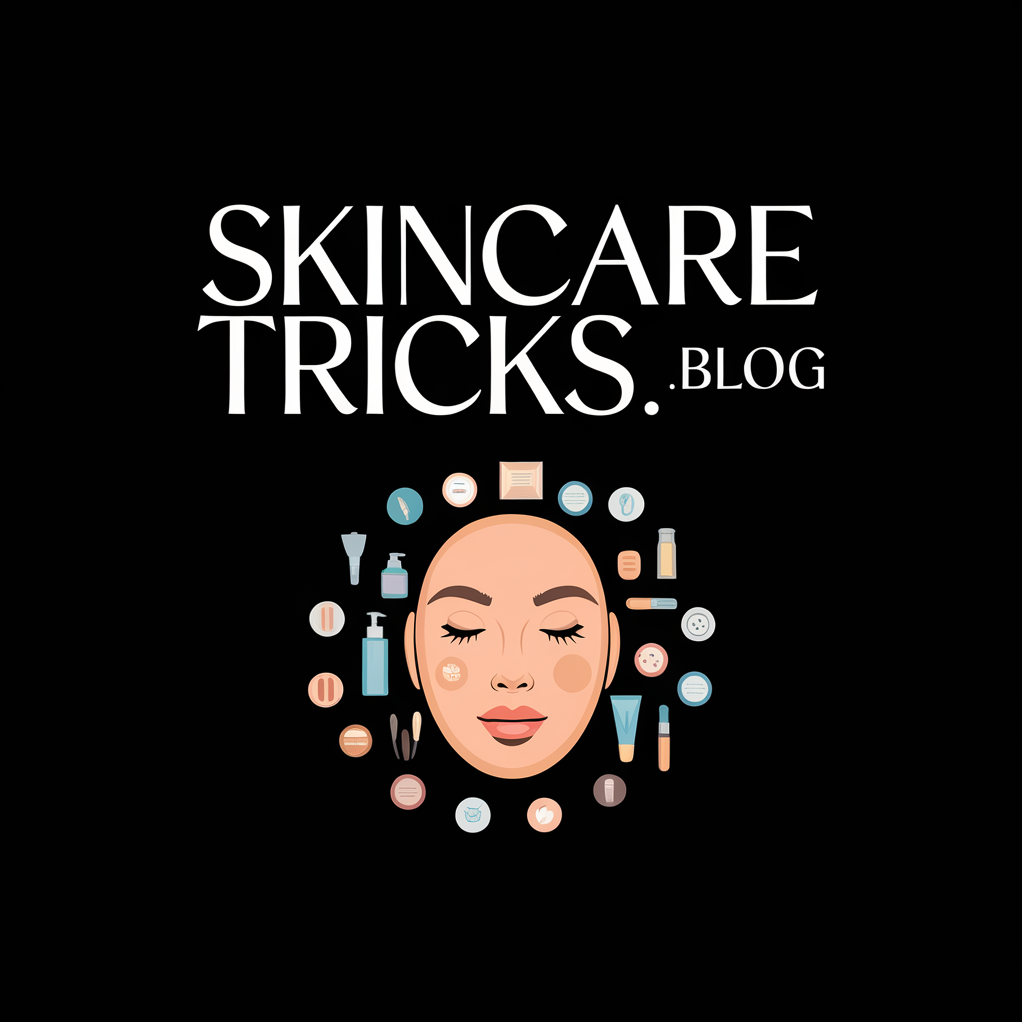Natural vs. Synthetic- Which Skincare Side Are You On.
Choosing between natural and synthetic skincare products feels like picking sides in a fierce battle. Natural products promise purity, while synthetics deliver clinical precision. Each option claims superiority, but the truth often lies buried beneath marketing hype. Your skin type and sensitivities can dictate the right choice, but are you prepared for the consequences of your decision? Let’s examine the key factors to consider before making your skincare commitment.
Understanding Natural Skincare Products
While you might associate natural skincare products with holistic approaches, understanding their composition is critical for informed choices.
Natural vs synthetic skincare often centers on ingredient sourcing. Natural products typically derive from plant or mineral sources, providing innate properties that might benefit your skin. For instance, essential oils can offer antimicrobial benefits, while botanical extracts provide antioxidants. Additionally, many natural ingredients are recognized as safe and less likely to include harsh chemicals that could irritate the skin.
However, natural products can also vary in potency and efficacy. It’s essential to analyze ingredient lists for potential allergens or irritants, as “natural” doesn’t always equate to safe.
The Science Behind Synthetic Ingredients
Understanding the science behind synthetic ingredients is crucial for evaluating their role in skincare formulations. These compounds often undergo rigorous testing for safety and efficacy, ensuring they meet strict regulatory standards.
Ingredients like hyaluronic acid and retinol, synthesized in laboratories, have demonstrated significant effectiveness in improving skin hydration and reducing signs of aging. Synthetic preservatives, such as phenoxyethanol, extend a product’s shelf life while maintaining safety.
Unlike their natural counterparts, synthetic ingredients can provide consistent results due to precise formulation controls. This reliability in performance makes them a valuable option for targeted skincare solutions. Additionally, the rigorous testing that typically accompanies synthetic ingredients helps ensure that they are safe and non-irritating for most users.
Efficacy: Natural vs. Synthetic
Evaluating the efficacy of skincare products often leads to a comparison between natural and synthetic ingredients. Research shows that synthetic ingredients can provide targeted benefits with precise formulations, often backed by clinical trials. For instance, retinoids, widely considered effective for anti-aging, are synthetic compounds with proven results. In contrast, some natural ingredients, such as plant extracts, may offer therapeutic benefits, but their efficacy can be inconsistent due to variability in sourcing and preparation methods. Ultimately, your choice should depend on individual skin concerns; understanding how each type functions can help you make an informed decision for optimal skincare results. Incorporating powerful antioxidants like Vitamin C can further enhance the effectiveness of your skincare routine.
Skin Sensitivity and Reactions
A significant number of individuals experience skin sensitivity and reactions when using skincare products, making it essential to consider ingredient composition.
Studies indicate that synthetic ingredients, such as fragrances and preservatives, can trigger irritation and allergic responses more frequently than natural alternatives.
Conversely, natural ingredients may also cause reactions, especially in sensitive skin, due to potential allergens like essential oils.
Identifying irritants involves patch testing and awareness of your skin’s unique needs.
Research supports that understanding these factors can significantly reduce adverse reactions and enhance overall skincare efficacy, allowing you to make informed choices about the products you apply. Additionally, avoiding fragrance-infused products is crucial for minimizing skin irritation.
Choosing What’s Right for You
How do you determine which skincare products are best for your unique skin needs? Start by assessing your skin type and any sensitivities. Natural products often boast fewer additives but may irritate some skin types. Synthetic products, on the other hand, can offer targeted results. Consider the following factors:
| Factor | Natural Products | Synthetic Products |
|---|---|---|
| Allergy Potential | Usually lower | Can contain synthetic allergens |
| Effectiveness | Varied, dependent on ingredient | Often scientifically validated |
| Shelf Life | Shorter, prone to degradation | Typically longer-lasting |
Ultimately, trial and observation will guide your choices effectively. Remember to prioritize gentle, nourishing ingredients to ensure your skin receives the best care possible.

